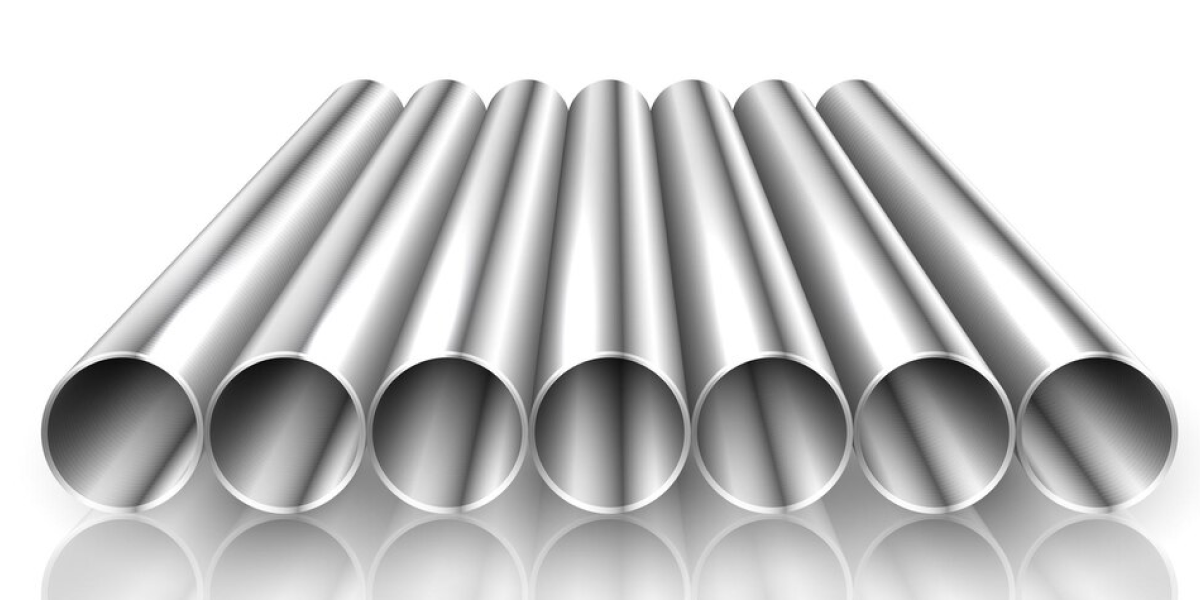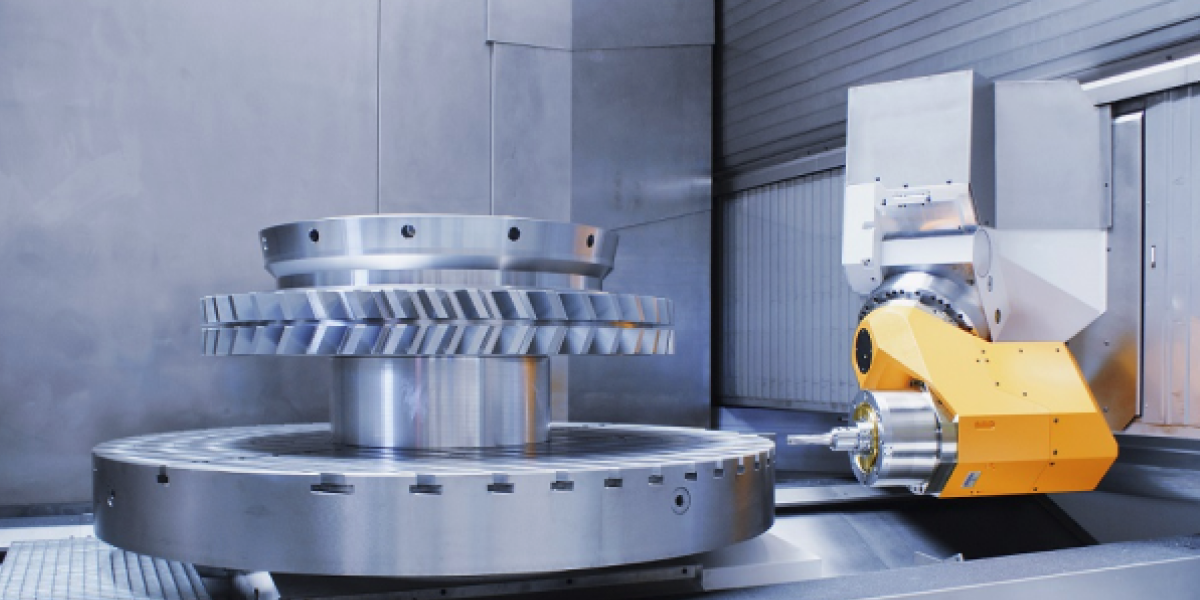Inconel CNC Machining the Future of Marine Engineering
Materials that withstand extreme conditions are essential in the challenging and high-stakes world of marine engineering. Inconel, a nickel-based superalloy, has become a cornerstone for marine applications, thanks to its exceptional resistance to corrosion, high temperatures, and mechanical stress. When paired with CNC machining, this advanced material creates highly precise and durable components vital for the marine industry.
In this blog, we’ll explore how Inconel CNC machining transforms marine engineering, customised machining, and its applications in the maritime sector.
What is Inconel, and Why is it Crucial for Marine Applications?
Inconel is a nickel-based superalloy designed to perform under extreme conditions, including high salinity, heat, and mechanical stress, making it ideal for marine environments.
Key Properties of Inconel:
- Corrosion Resistance: Performs exceptionally well in seawater and brine environments, resisting pitting and crevice corrosion.
- Heat Resistance: Retains mechanical integrity even at temperatures exceeding 1,000°C, useful in high-performance engine systems.
- Durability: Withstands high mechanical loads and vibrations in harsh marine conditions.
Marine Applications:
- Ship engine components.
- Heat exchangers and condensers.
- Propulsion systems.
- Offshore drilling equipment.

Why is Inconel CNC Machining Important for the Marine Industry?
CNC (Computer Numerical Control) machining enables precise manufacturing of complex Inconel components, which are critical in marine engineering. Traditional machining methods struggle with Inconel’s toughness, making CNC machining a necessity.
Benefits of Inconel CNC Machining for Marine Applications:
- Precision Manufacturing: Ensures tight tolerances for critical components like engine parts and propellers.
- Durability: CNC-machined parts withstand prolonged exposure to harsh marine conditions.
- Cost Efficiency: Optimized tool paths and advanced techniques reduce material waste and machining time.
How is Customized CNC Machined Inconel Used in Marine Engineering?
Benefits of Customization:
- Precision Design: Ensures compatibility with complex marine systems.
- Corrosion Resistance Optimization: Custom machining allows for treatments and coatings to enhance longevity in seawater.
- Strength Enhancement: Tailored machining minimizes weak points, improving load-bearing capacity.
Examples of Marine Applications:
- Propeller Shafts: High-strength shafts for propulsion systems.
- Heat Exchangers: Durable systems for temperature control in ship engines.
- Seawater Pumps: Corrosion-resistant pump components for long-term operation.

What Challenges Does Inconel CNC Machining Solve for the Marine Sector?
1. Corrosion in Seawater Environments
2. High Temperatures in Engine Systems
3. Mechanical Stress and Vibrations
What innovations are driving incremental CNC machining in marine engineering?
1. Advanced Cutting Tools
2. Real-Time Monitoring Systems
3. Additive Manufacturing Integration
4. Cryogenic Cooling Systems
Conclusion
Inconel CNC machining is reshaping the marine industry by enabling the production of high-performance components that withstand the harshest conditions. From corrosion-resistant seawater pumps to high-temperature engine parts, CNC-machined Inconel delivers precision, durability, and reliability.
Ready to optimize your marine systems? Contact us today to explore customized CNC machining solutions for your Inconel components and stay ahead in the future of marine engineering.


